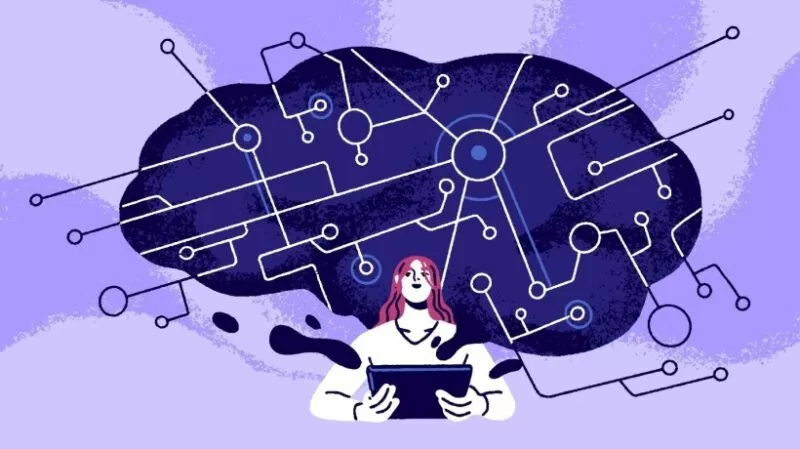The world of technology has been rapidly evolving, and one of the most exciting advancements that have taken place in recent years is the rise of Artificial Intelligence (AI). This innovative technology has the potential to revolutionize the way we live and work, and it is already making a significant impact in various industries. From healthcare and finance to education and entertainment, AI is transforming the way we operate and providing us with endless opportunities for growth and development.
But what exactly is AI, and how is it embracing the future? To understand this, we need to look at the core concept of AI and how it is evolving to meet the demands of the future. In this article, we will delve deeper into the world of AI innovation and explore how it is shaping the future.
At its core, AI is a branch of computer science that deals with the creation of intelligent machines that can perform tasks that typically require human intelligence. This includes tasks such as visual perception, speech recognition, decision-making, and language translation. AI systems are designed to learn from data, identify patterns, and make decisions based on that information. As technology advances, AI is becoming more sophisticated and capable of handling complex tasks, making it an invaluable tool for businesses and organizations.
One of the key reasons why AI is embracing the future is its ability to adapt and evolve. AI systems are designed to continuously learn and improve, making them more efficient and effective over time. This means that as technology evolves, AI systems will also evolve, becoming smarter and more capable of handling complex tasks. This adaptability is what makes AI such an essential tool for the future, as it can keep up with the ever-changing demands of the world.
Another crucial aspect of AI innovation is its potential to automate mundane and repetitive tasks. This frees up time for humans to focus on more critical and creative tasks, leading to increased productivity and efficiency. With AI taking care of routine tasks, employees can focus on more meaningful work, leading to job satisfaction and overall improvement in the quality of work. This automation also has the potential to reduce human error, making processes more accurate and reliable.
Moreover, AI has the ability to process vast amounts of data at lightning speed. This means that businesses and organizations can gain valuable insights and make data-driven decisions in real-time. With AI, businesses can analyze customer data, market trends, and other crucial information to make informed and strategic decisions. This can lead to increased profits, improved customer satisfaction, and a competitive edge in the market.
In addition to its impact on businesses, AI is also revolutionizing the education sector. With the rise of online learning, AI is being used to personalize the learning experience for students. AI-powered systems can analyze a student’s learning patterns and tailor the course content to their needs, making learning more efficient and effective. This not only benefits students but also teachers who can use AI to assess student progress and provide personalized feedback.
Furthermore, AI is also making significant strides in the healthcare industry. From diagnosing diseases to developing personalized treatment plans, AI is transforming the way healthcare is delivered. With its ability to analyze vast amounts of medical data, AI can help healthcare professionals make accurate and timely diagnoses, leading to better treatment outcomes. This technology also has the potential to reduce healthcare costs and improve patient care.
But the future of AI is not without its challenges. As with any new technology, there are concerns about the impact of AI on jobs and the economy. However, experts believe that while AI may replace some jobs, it will also create new ones. As AI systems become more advanced, there will be a growing demand for skilled professionals to develop and maintain them. This means that there will be a shift in the types of jobs available, with a greater focus on roles that require creativity, critical thinking, and problem-solving skills.
In conclusion, AI innovation is embracing the future by continuously evolving and adapting to meet the demands of the ever-changing world. Its ability to automate tasks, process vast amounts of data, and improve decision-making makes it an invaluable tool for businesses and organizations. Moreover, AI is transforming various industries, from education and healthcare to finance and entertainment, leading to improved efficiency, productivity, and customer satisfaction. While there may be challenges to overcome, the potential of AI to shape the future is undeniable. We are only scratching the surface of what this technology can achieve, and the possibilities are endless. So let us embrace AI and all its potential, and together, we can create a brighter future for all.





